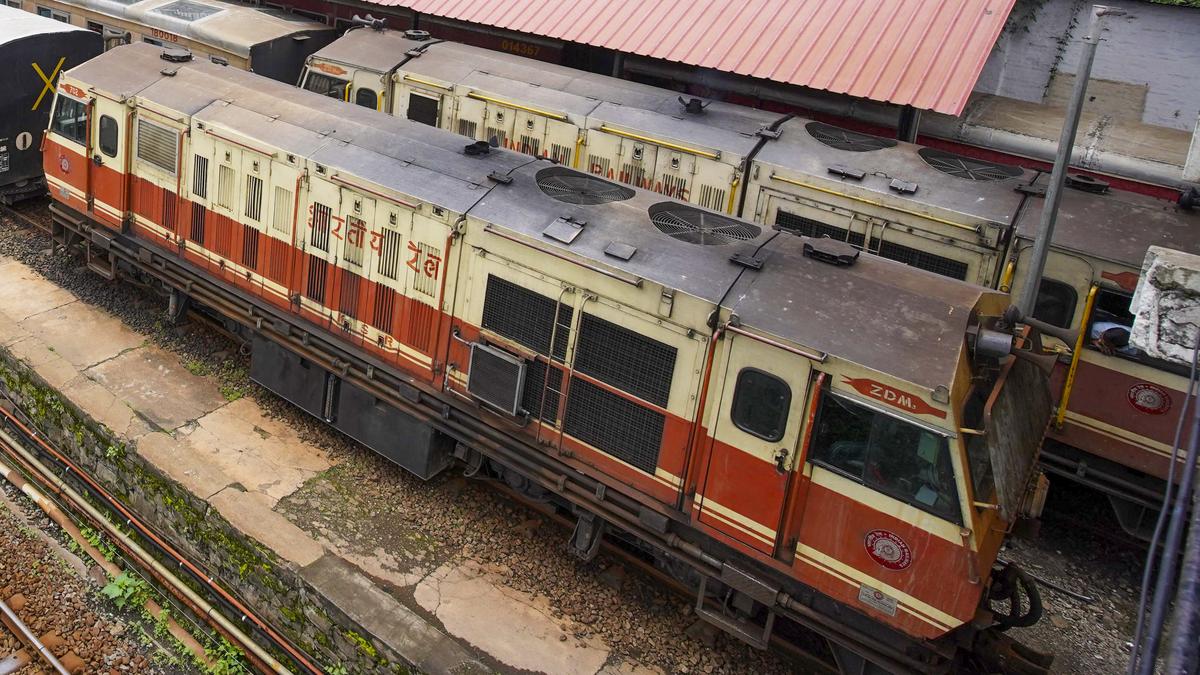Every journey can teach us a lesson.
| Photo Credit: PTI
Mistakes often travel quietly, slipping past the eyes of one, then many. Even the most disciplined systems are not immune. And when two of India’s most professional institutions, the military and the railways, are involved, one expects perfection. But reality sometimes has its own script.
It was the early 1990s. I was a young soldier posted at a military station near Bathinda in Punjab. Along with my colleague Mr. Banwala, I was deputed to an air base near Bikaner, Rajasthan, for a month-long temporary duty. We were each issued separate two-way railway warrants, since our return journeys were scheduled independently.
At Bathinda station, we got our warrants exchanged for travel. The railway clerk returned the counterfoil and the soldier’s check-ticket. As it was a day train, we didn’t bother reserving seats. The day-long journey in a metre-gauge compartment turned out to be unforgettable. It was my first brush with Rajasthan’s desert. Sand grains blew in through windows as the rickety train chugged past dunes and camel herders. The compartment brimmed with rural life; colourful turbans, silver jewellery, livestock, and laughter. I watched the land roll by and drank my first kulhad-wali chai; the earthen cup warm in my hand, the tea infused with the scent of clay and heat.
A month later, Banwala was the first to return. As he prepared to leave, he checked his railway warrant and stared at it in disbelief.
“Arrey, dekh kya likha hai!” he exclaimed.
In a bizarre clerical mix-up, the warrant listed Bathinda as the name of the passenger, and Banwala, his surname as the station of origin. On paper, it appeared that Bathinda had travelled from Banwala to Bikaner and back.
The error was no small oversight. It had slipped through multiple layers of checks: the clerk at the unit’s orderly room who typed it, the Adjutant who signed it, the railway clerk who accepted it, and Banwala himself, who hadn’t verified it at the time of issue. Because of the mismatch, he couldn’t reserve a seat using the warrant. Rather than risk rejection on the night train, he waited for the following day’s unreserved train.
The irony wasn’t lost on us. Perhaps it was a quiet reminder that systems, no matter how sturdy, are only as sharp as the people who run them. It was a minor clerical error, but one that left a lasting impression. Even the most disciplined systems rely on one thing: human attentiveness. And whether in uniform or out, one must never stop reading the fine print.
harichitrakootam@yahoo.com
Published – July 20, 2025 03:04 am IST

